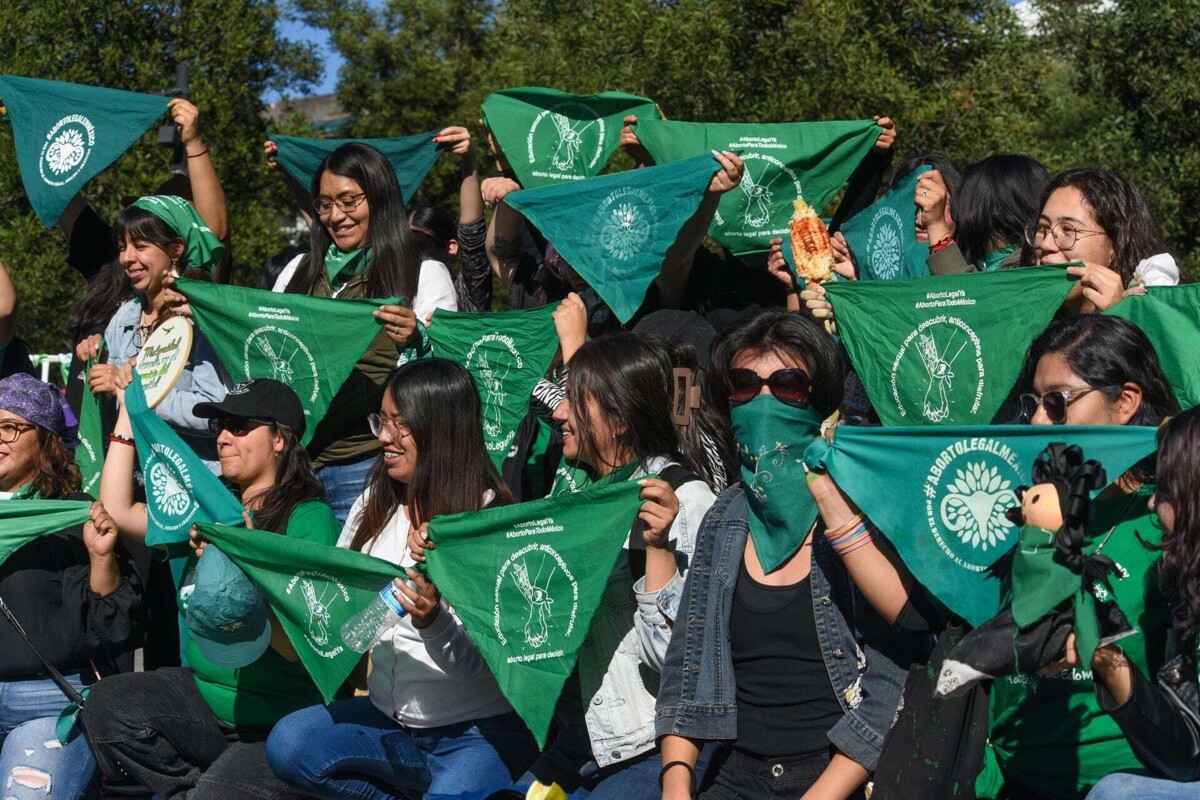
The Congress of the State of Nayarit approved the decriminalization of abortion up to 12 weeks of pregnancy with 17 votes in favor and 12 against. This measure complies with a ruling issued by a federal court and amends the local Penal Code, excluding criminal penalties against medical personnel participating in these procedures and increasing penalties for those who perform them without women's consent.
In August 2024, the Second Collegiate Court of the Twenty-Fourth Circuit issued a ruling (file 1447/2023) declaring the unconstitutionality of certain articles of the Nayarit Penal Code that penalized abortion. The court argued that this penalization violated human rights by considering women and pregnant individuals as "gestating objects," violating their rights to health and equality.
Organizations such as Grupo de Información en Reproducción Elegida (GIRE), ReDefine Nayarit, and Aquelarre Púrpura promoted an amparo to achieve this legislative change. In this regard, G. Cortés, a member of the feminist collective of Nayarit, emphasized the importance of centering discussions on public health issues on women, not on personal beliefs or stances.
Pro-life groups and the bishop of Tepic, Luis Artemio Calzada Flores, expressed their rejection of the decriminalization of abortion, labeling it as a sin and arguing in favor of protecting human life from conception. The bishop of the Diocese of Tepic, in a letter addressed to the Congress executive board, urged reconsideration of the position and advocated for laws that safeguard the right to life from conception.
With the approval of this reform, Nayarit becomes the eighteenth Mexican state to decriminalize legal termination of pregnancy. Among the states that have taken this measure are Baja California, Sinaloa, Mexico City, Veracruz, and others. The advocating collectives for the reform believe that this represents a step forward in the implementation of reproductive rights amid a national debate on the autonomy of women and pregnant individuals.














